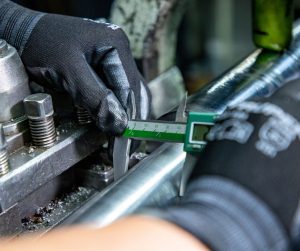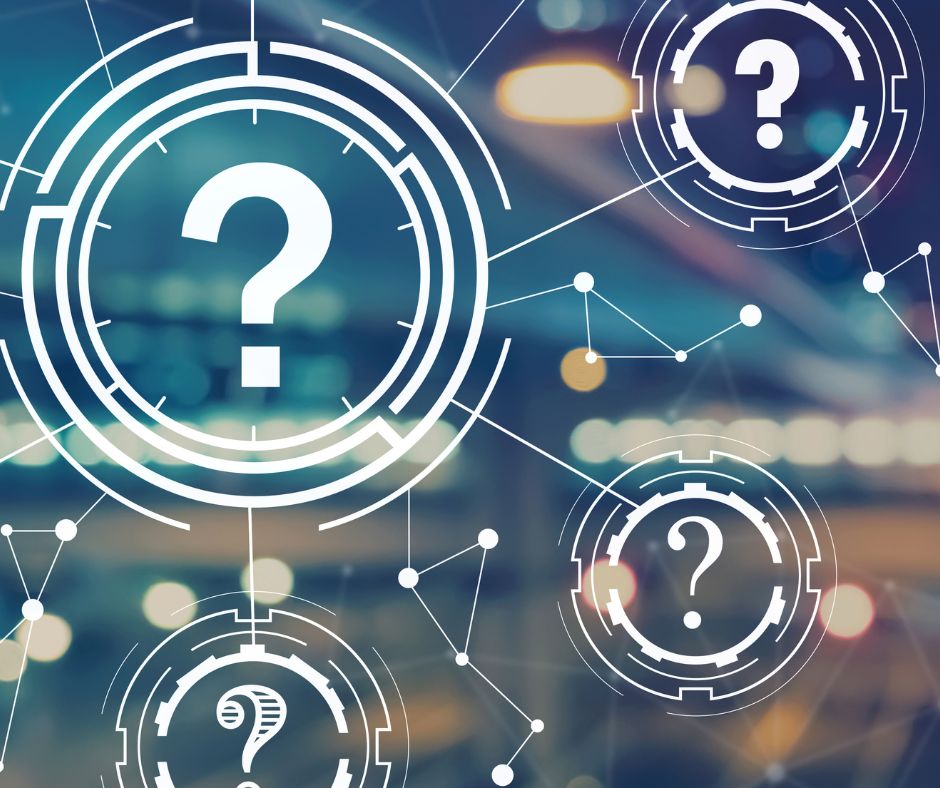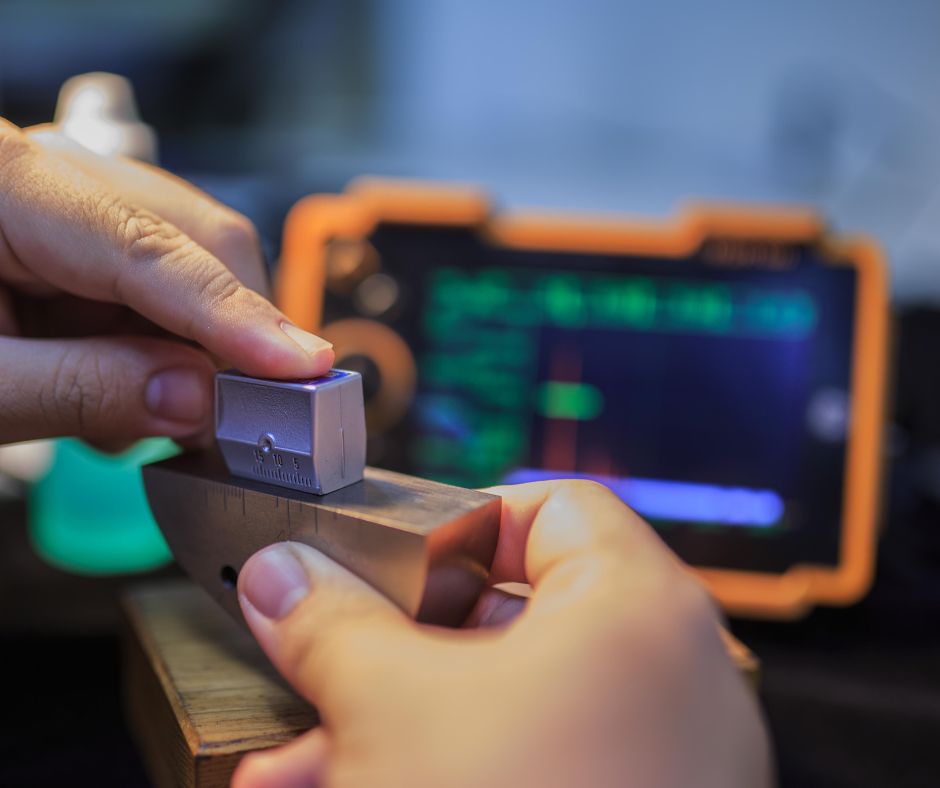What Is Calibration Uncertainty and Why Does It Matter?
 When seeking calibration services for your instruments or equipment, one term you may encounter is “calibration uncertainty.” This refers to the potential variation or error in the measurements taken by your instruments, even when calibrated to the highest standards. Understanding calibration uncertainty is key to ensuring that your instruments are delivering accurate and reliable results, which is vital to maintaining the quality and consistency of your operations.
When seeking calibration services for your instruments or equipment, one term you may encounter is “calibration uncertainty.” This refers to the potential variation or error in the measurements taken by your instruments, even when calibrated to the highest standards. Understanding calibration uncertainty is key to ensuring that your instruments are delivering accurate and reliable results, which is vital to maintaining the quality and consistency of your operations.
What is Calibration Uncertainty?
Calibration uncertainty refers to the doubt or variability in the measurement results when comparing the readings of an instrument to a known standard. In essence, it is a way to quantify the potential error in measurements. No instrument is perfect, and even the most precise tools are subject to some level of uncertainty due to factors such as environmental conditions, equipment limitations, or even human error.
In simpler terms, calibration uncertainty helps us understand the range of potential error in a measurement, offering a better picture of how reliable that measurement is.
Several factors may contribute to calibration uncertainty, including:
- Instrumental Factors. Every instrument has inherent limitations. For example, a thermometer may only measure temperature to the nearest degree, or a scale may have a tolerance range that affects the accuracy of its readings.
- Environmental Conditions. Temperature, humidity, vibrations, and other environmental factors can affect the performance of measuring instruments. For instance, a scale might give slightly different readings depending on the temperature of the room.
- Methodological Variations. Different calibration methods or procedures can introduce uncertainty, particularly if they aren’t standardized or if measurements aren’t taken in the most ideal conditions.
- Operator Influence. Calibration often involves manual procedures, which means human error is always a possibility. Even slight variations in how an instrument is set up, operated, or interpreted can contribute to uncertainty.
Why Calibration Uncertainty Matters
Understanding calibration uncertainty is a critical part of the calibration process for several reasons:
- Ensures Accurate Measurements. Accurate measurements are crucial to the success of your business, no matter your industry. By understanding and managing calibration uncertainty, you can make more informed decisions based on reliable data.
- Compliance with Industry Standards. Many industries require calibration uncertainty to be kept within specific limits to meet regulatory standards. Ensuring that your instruments are calibrated to the highest level of precision helps you remain compliant with industry regulations, thereby avoiding potential fines or penalties.
- Maintaining Quality and Consistency. When calibration uncertainty is minimized, the consistency of your equipment’s performance improves. This means fewer defects, better product quality, and greater customer satisfaction.
- Optimizing Efficiency. By working with a trusted calibration provider like Trident Calibration Labs, you can feel assured that your instruments are being calibrated accurately, which reduces the likelihood of errors and downtime in your operations.
Calibration uncertainty is an inherent part of any measurement process, but with the right expertise, it can be minimized to ensure accurate results. At Trident Calibration, we are committed to reducing calibration uncertainty for our clients. As an ISO/IEC 17025 accredited lab, we follow rigorous standards to ensure the reliability of our calibration services, and our experienced team utilizes state-of-the-art equipment and precise methods—thereby providing you with confidence that your instruments are performing at their best.
Whether you need calibration for manufacturing equipment, medical devices, telecommunications systems or another type of instruments, our services are designed to meet your specific needs, helping you maintain compliance, improve efficiency, and optimize the performance of your operations. Contact us to learn more or request a quote!
continue reading
Related Posts
5 Benefits of Online Asset Management for Calibration and Equipment […]
6 Questions to Ask When Choosing a Calibration Company If […]
How Metrology Lab Outsourcing Can Benefit Your Business In today’s […]




